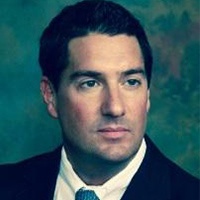 Botsford DUI-DWI Lawyers, Connecticut
Botsford DUI-DWI Lawyers, Connecticut
Sponsored Law Firm
-
 x
x

Click For More Info:
-
Maya Murphy, P.C.
266 Post Road E Westport, CT 06880» view mapDivorce & Family Law Representing Excellence
At Maya Murphy, PC, our attorneys strive to provide large firm service, experience, and ability, with small firm communication, attention, and accountability.
203-221-3100
Sponsored Lawyers
1-9 of 9 matches
DUI-DWI, Accident & Injury, Criminal, Workers' Compensation
Representing the accused and the injured since 1957. We understand that sometimes good people make mistakes. The story of the LoRicco family and the LoRicco Law Firm is intertwined with the history of New Haven. Our firm has been engaged in the general practice of law since 1956, with an emphasis on personal injury matters such as auto accidents, bicycle accidents and work injuries. Our attorneys are revered for producing successful client outcomes by means of calculated negotiations and passionate representation. We regularly secure substantial verdicts on behalf of our clients in state and federal trial courts throughout Connecticut. With decades of combined experience and an over 50-year law firm history, we have the resources and talent to confidently guide your family or business through the legal process successfully and efficiently.
(more)


 Joseph C. Maya Westport, CT
Joseph C. Maya Westport, CT Practice AreasExpertise
Practice AreasExpertise

